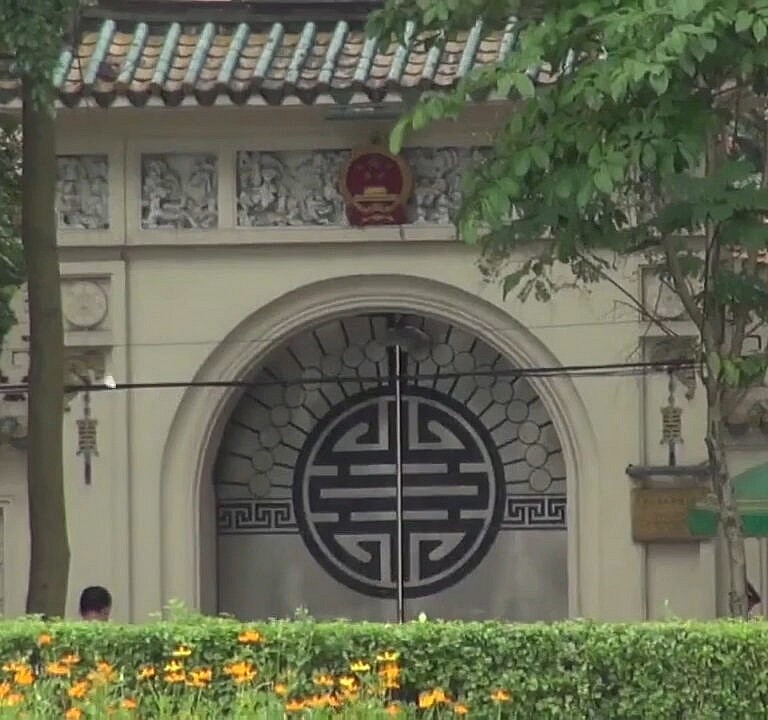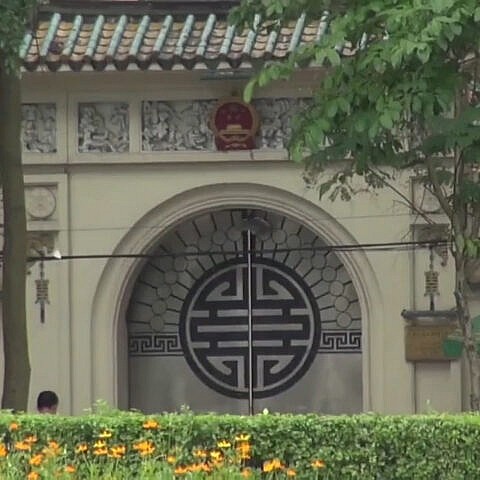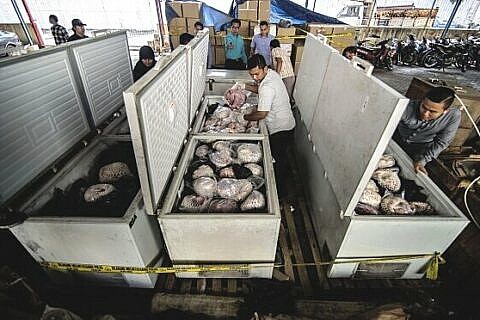Zoned Out

Zoned Out presents a study that applies publicly available information to assess approximately one hundred foreign-invested economic development zones (EDZs) across the Mekong region.
Executive Summary #
This report presents a study that applies publicly available information to assess approximately one hundred foreign-invested economic development zones (EDZs) across the Mekong region. Analysis of EDZ effects on three levels of evaluation—economic development, illicit activity, and geopolitics — demonstrates that while the creation of an EDZ is typically followed by an increased pace of development, zones can also facilitate adverse outcomes that undercut the benefits to economic growth. This study is organized around three analytical verticals:
- Economic Development: The study measures nighttime luminosity in EDZs to create an objective and scalable measurement to evaluate the relative economic performance of zones.
- Illicit Activity: The study uses various publicly available reports to demonstrate that illicit actors are exploiting many EDZs to conduct a variety of illicit activities, including corruption, environmental degradation, land conflict, drug trafficking, and wildlife trafficking.
- Geopolitics: The study offers a framework to evaluate the geopolitical impact of zones, including examples of zone attributes that increase the potential for the erosion of host government sovereignty and legitimacy.
Across all sections, the study evaluates the data environment, presents workflows for leveraging publicly available information, and offers policy recommendations for improving the data environment.
The study also includes five deep dives examining topics that were chosen to illustrate a variety of different themes that emerged in the analysis. These deep dives are intended as separate, independent stories, not a collective grouping:
- Sihanoukville Special Economic Zone (SEZ) (Cambodia)
- Shwe Kokko (Myanmar)
- Eastern Economic Corridor (Thailand)
- Transportation Infrastructure and EDZs in Northwest Laos
- Chinese Private Security Companies (PSCs) in Mekong EDZs
Based on this research, the authors find that:
- Economic development zones do not always precipitate development, and even when growth is present, negative externalities can undercut the benefits.
- The limited data access around Mekong EDZs hurts both host governments and local communities.
- Collaboration between government, grassroots organizations, private-sector, and civil society stakeholders will boost transparency and better match intentions to outcomes.
To empower stakeholders to improve EDZ impacts, this report offers the following recommendations:
- Develop open, centralized repositories of information on all aspects of economic development zones.
- Leverage emerging technologies to create passive or high-efficiency monitoring processes.
- Convene cross-sector, interdisciplinary task forces to address negative impacts.
Interactive Impact Evaluation #






